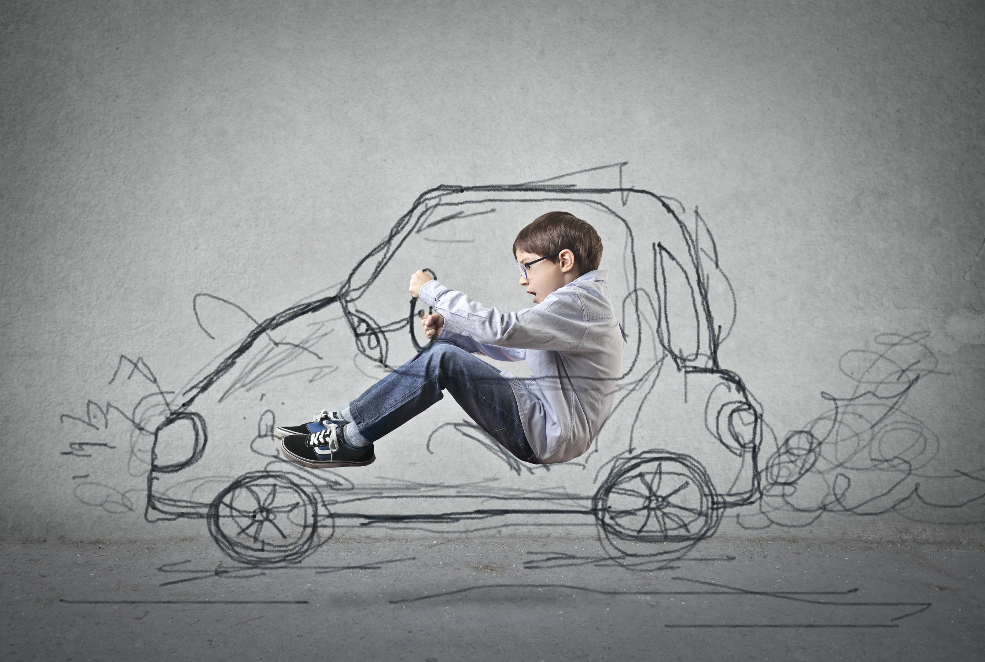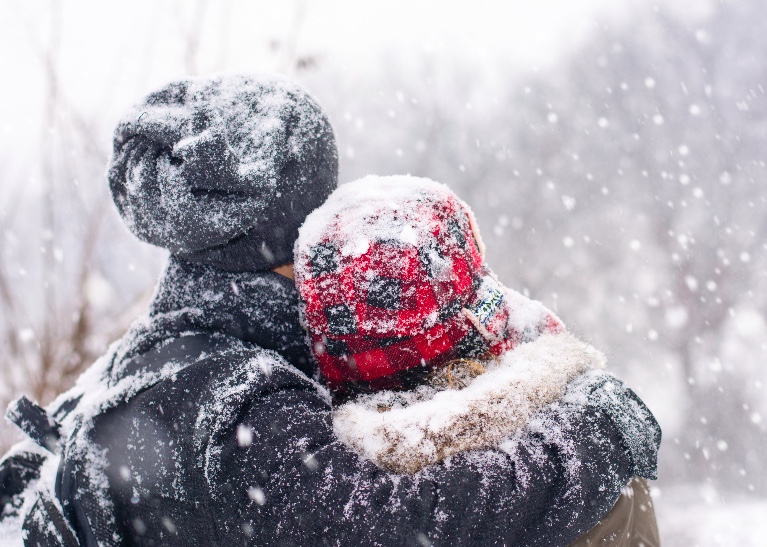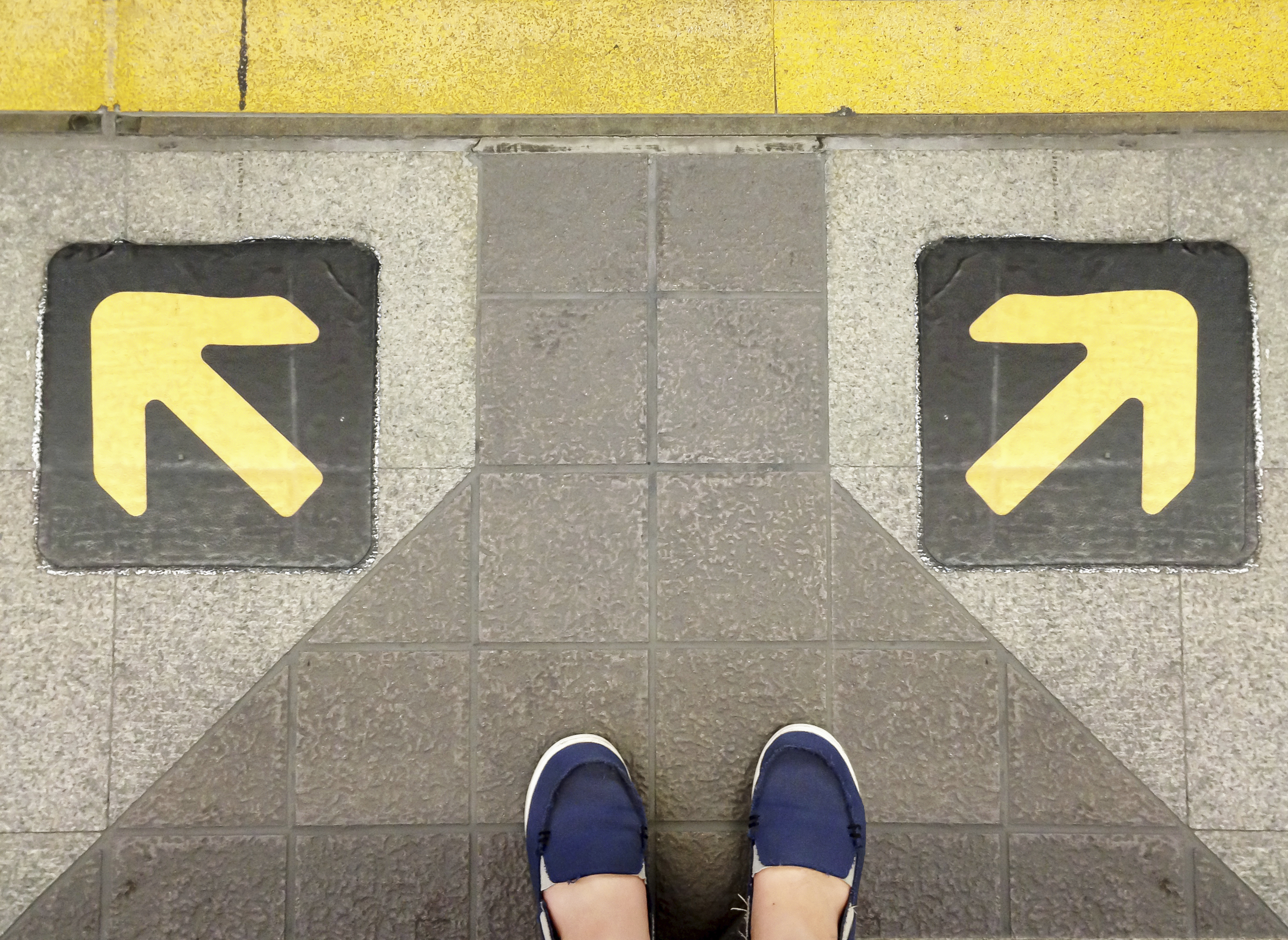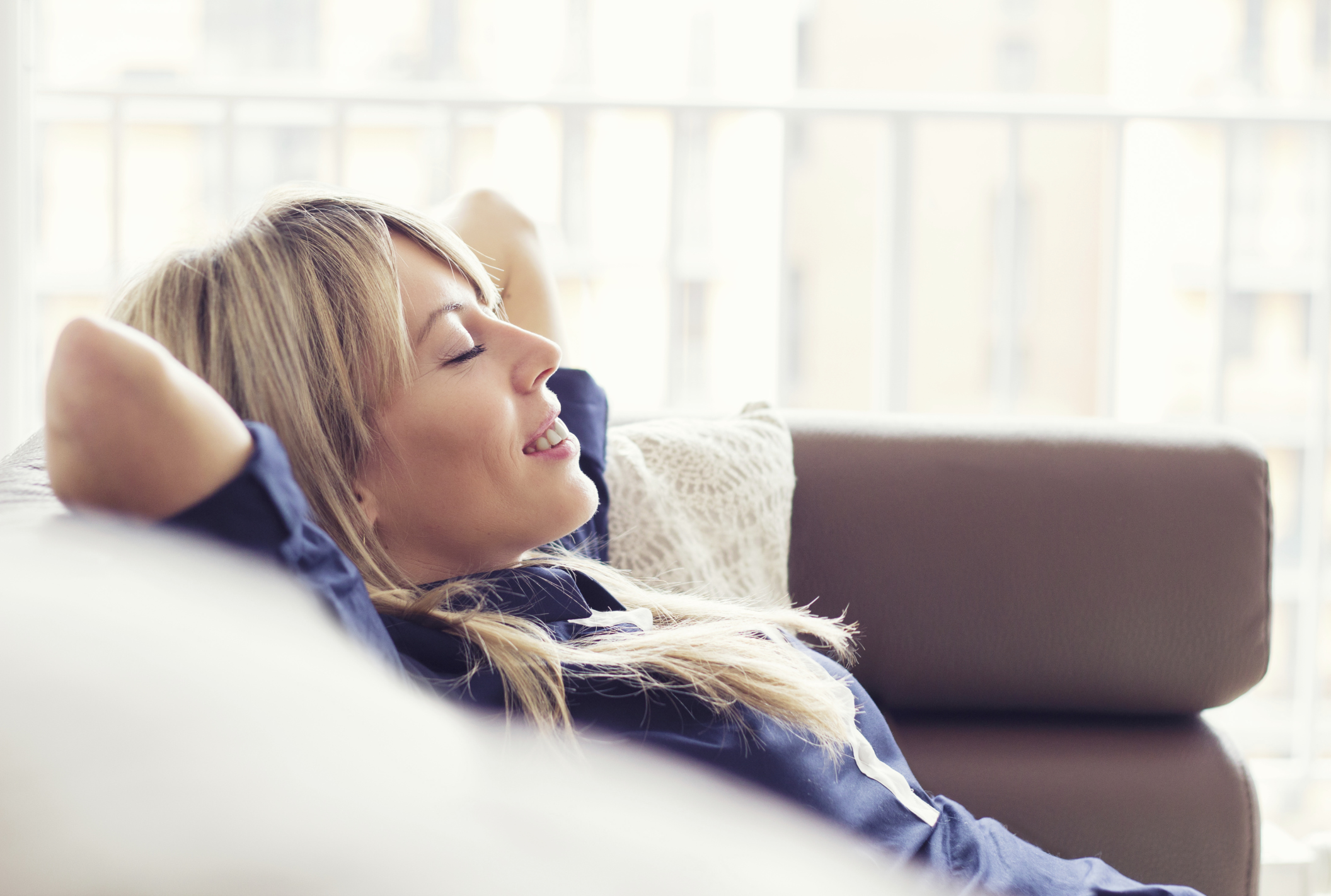The renowned theologian, author, coach and overall wise woman Judith McAdam is one of our valued regular contributors, and we love her work. Enjoy her offering in our Winter 2020/21 issue: a reflection on what it means to be sovereign, and ‘in the driver’s seat’ of our own lives.
life
While winter is gradually beginning to recede, it hasn’t quite lost its bite just yet … so we wanted to share Alison Canavan’s words of wisdom from our Winter 2018/19 issue today. She wrote a beautiful piece on the importance of reaching out to one another and cultivating closeness during the cold season.
In our Autumn 2018 issue, eight of our readers shared with us what their relationships have meant to them. This season, it’s all about the bonds of love! You can pick up a copy of the magazine at our stockists across the country, or subscribe here to receive a copy direct to your door.
SPIRITUALITY & THE CITY
THE BONDS OF LOVE
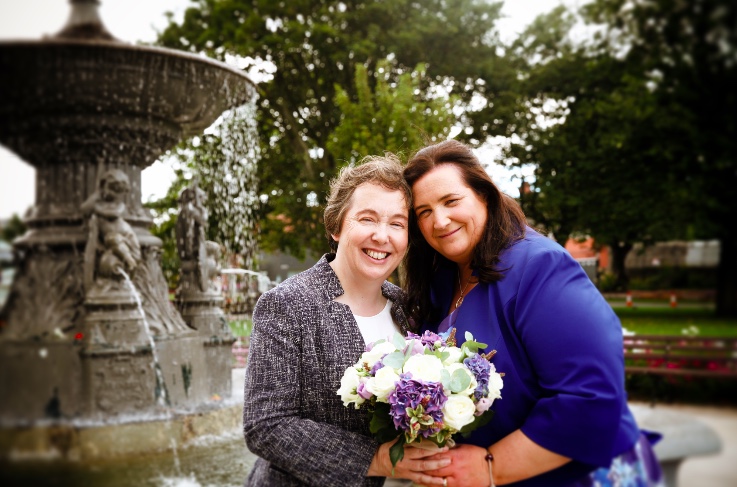
Liz Lynch & Ciara O’Neill (couple)
Liz
It is hard to put into words how I feel about this wonderful woman. She is full of life, love and laughter. Ciara and I share a quirky sense of humour and I know that with her, I can always be fully myself, no matter how silly that is.
Ciara has great empathy for other people’s worries. I am lucky that she has made it her mission in life to take care of me. Ever since I started dating Ciara, I have felt enveloped by her boundless love and I hope she feels the same from me.
Ciara is very modest and doesn’t seem to know how wonderful she is. Her smile lights up a room and her laughter is infectious. I feel blessed every day knowing she is my wife.
Ciara
My wedding day was the happiest day of my life. I am so grateful to everybody who campaigned for marriage equality, and of course the wonderful Irish people who voted yes to love on that magical day in May 2015.
What I love most about Liz is her caring and compassionate nature. There is nothing she wouldn’t do for the people she loves.
Liz is the funniest person I have ever met and she makes me laugh every day. Meeting Liz is the best thing that has ever happened to me. She is my best friend and favourite person in the whole world. I know that she believes in me and loves me unconditionally, and that is the best feeling in the world.
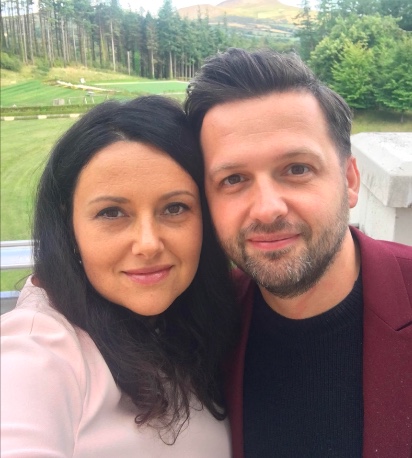
Martin & Magda Janik (couple)
Martin
Magda is my soulmate. I know it isn’t our first life together: we have loved each other many times before. Her calmness, her beauty, her love and the amazingly multi-dimensional depth of her being makes each life so worth living. I had a dream about Magda after I saw her for the first or second time, and after that dream, I knew she was the one. We were 16 and 17 at that time. This year was our 25th anniversary of being a couple and our 20th wedding anniversary. Magda stands by me during our happiest and most challenging moments and I love her to bits. She is an amazing mum to our daughter Pola, who we both absolutely adore.
Magda
I love Martin: my husband and my best friend. Martin is warm, loving, kind and funny. He has a great passion for life and energy that always amazes me. He is intelligent, creative, and always eager to learn and experience new things, which makes our journey together very interesting. We always know what each other is thinking without saying a single word. Martin makes me feel loved every day and I love him for that. He is also a fantastic father to our daughter Pola, who adores him.
This year is very special for us as we are celebrating 25 years together and the 20th anniversary of our wedding. I am grateful for each of those years and excited about all the years to come.
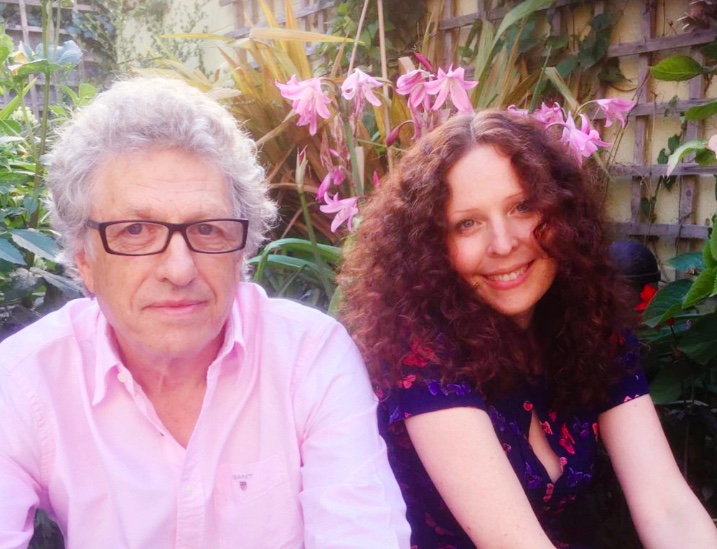
Dave Weakley & Sara Weis (father and daughter)
Sara
My dad is a great person: very kind, hilariously funny and super talented as well. He is a wonderful human being. Because we both work in the field of music, we have a lot in common. I’ve learned a huge amount from him. His advice is very valuable to me. Music is such a difficult profession, it’s great to have people around you who understand that and who can be supportive. Both of my parents are hugely supportive – they both work in the arts – and they are wonderful. My dad is my inspiration. We have great craic together, and he’s just the best dad I could ever have asked for. His experience of getting out there and putting himself before an audience taught me how to be brave.
Dave
Sara is so talented. From a very early age, she always showed promise and excellence at singing and acting, and this promise has really borne fruit over the last few months. She recently began to put herself out there and start singing … and she is absolutely marvellous. I could go on forever about my tremendous admiration for her!
I’m incredibly proud of her. I know parents are supposed to be the role model for their children, but she is more of a role model for me. I’m a musician myself, and I derive a lot of joy from listening to her and watching her while she is performing.
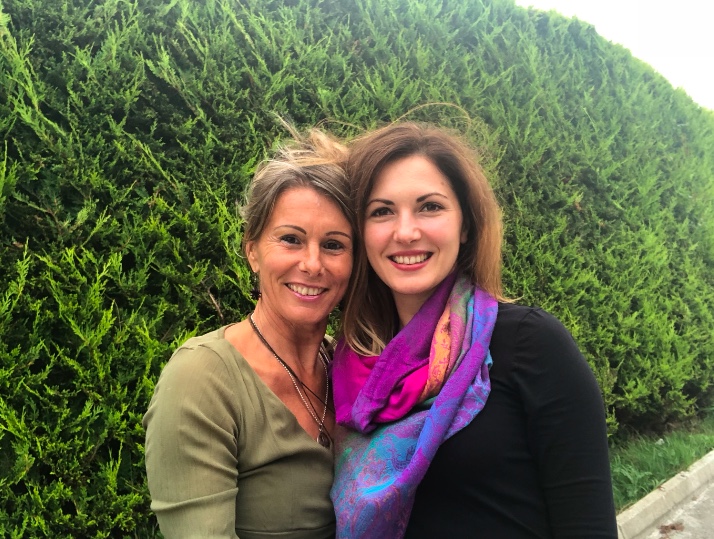
Livia Devi & Carolyne Marks (friends)
Livia
Carolyne and I share a sacred space of beautiful heart-connection, love, joy, respect and appreciation. Her wisdom and life experience always guide me on my path. Her teachings about love, life and relationships have helped me to grow and evolve. We always have so much fun and laugher when we meet, enjoying life to the full!Her presence in my life is a like a warm ocean breeze on a summer day. The stillness, flow and richness of our connection its so cherished!
I am truly honored and grateful to have you as a friend, Carolyne.
Carolyne
My name is Carolyne and I am very fortunate! Why? I have a beautiful friend and her name is Livia. Yes, she is physically beautiful, no doubt about that: however, what I am referring to with the word ‘beautiful’ goes far beyond that superficial perspective. You see, as within, so without. My friend is beautiful in Soul. When we are together, there is simply harmony, peace and so much joy. At times, we have very deep, fulfilling and meaningful conversations and I love to grow with her this way, as well as simply sitting in silence and connecting on a very different level at other times. When out and about, we like similar things, laugh about the same nonsense and appreciate the world and nature with all our hearts. Being able to share this love of life with someone is a great treasure and a special gift.
Space and Time to See the Path
From our Winter 2015/2016 issue. Be the first to read the next issue of Positive Life in print – Subscribe.
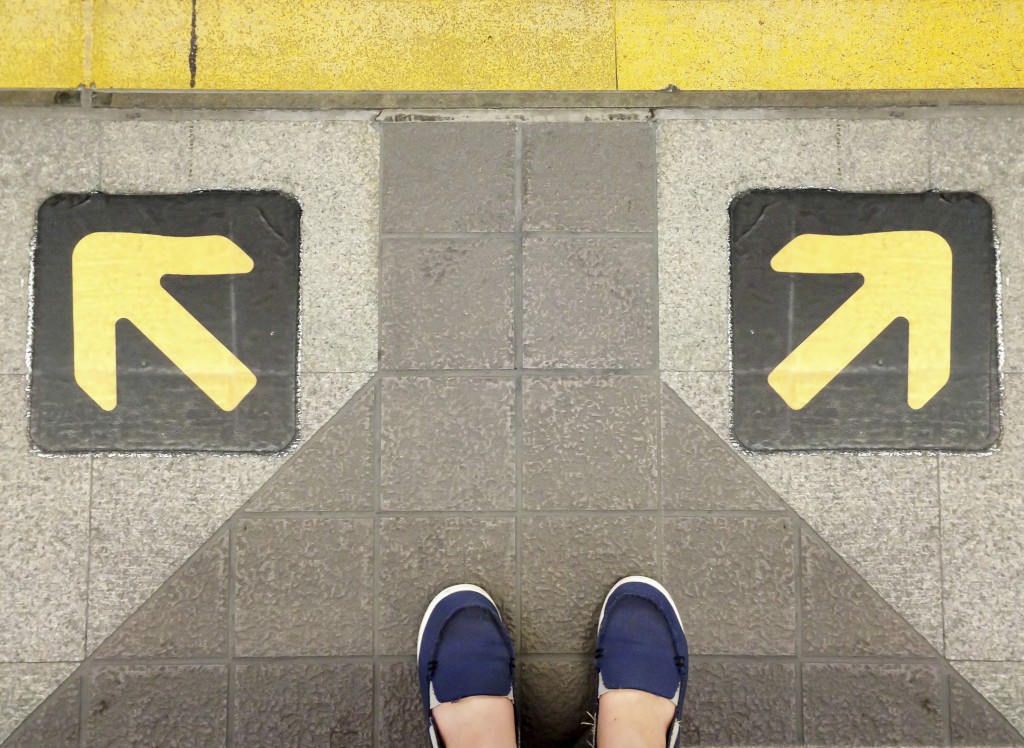
By Jai Kartar Kaur
How do I live a good life? This has been a paramount question for me for as long as I can remember. My extensive travels as a child made me aware very early on that there are numerous choices to be made by us, and there are also numerous choices that are made for us.
I was baffled by the extreme variations that I witnessed in the world. I remember my father cautiously guarding his wallet from poverty stricken children in Lima, watching decadently dressed adults swill cocktails while gambling in Las Vegas, a smiling toothless Taiwanese woman touching my blond hair as she gave me a necklace of painted nuts. I was puzzled by why some had so much and others had so little. One thing that was obvious was that people’s happiness was by no means proportional to their material wealth or station in life.
I knew that I wanted my choices to have a positive impact and to somehow, satiate my longing to belong. The looming question was and still is, “How do I live a good life?” I spend some time every day in contemplation of this and I’ve found that the answer lies in continually asking this question. Day by day, step by step, it helps to guide me.
As a dedicated Kundalini yogi, I begin my day with sadhana, meaning ‘spiritual practice’ and derived from the Sanskrit word ‘sadh’ which means ‘to reach one’s goal’. My sadhana involves contemplation on the Divine Creator through the recitation of Japji, yoga exercises and meditation. They each give me time and space to listen for the answer of my ever-lingering question, “How do I live a good life?”
Sometimes the path is very clear and at other times, it feels obscured, yet I’ve come to know that I won’t go off course, so long as I maintain my integrity. When the way forward isn’t clear, the Divine Teacher is guiding me to take pause and focus on being rather than acting.
When my teacher Yogi Bhajan was once asked, “How can I lead a good life?”, he replied, “The question is what kind of death do you want to have? If you ask yourself this question you will know how you should live your life.”
All of us wish for an easy transition from life to death and into the next realm. What we are wishing for is a scenario where we have no regrets, no unfinished business, to be able to let go with ease. Taking a moment to reflect on your course of action from the perspective of your death bed really sheds light on the matter!
Dare to ask yourself, if I were to die tomorrow how would I feel about this situation and my integrity within it?
I believe when I die, it is me who will decide my fate. My soul knows when I have and haven’t succeeded to live with integrity. I may very well return again to work out things I’ve yet to learn. It is all a process of remembering my divine nature and having the courage, strength and compassion to bring the heavenly realm to earth.
Jai Kartar Kaur is a Kundalini yoga teacher and teacher trainer and works to empower her clientele, to encourage their own innate ability to be actively involved in creating and sustaining their wellness. wellwithin.ie
Route to Calm
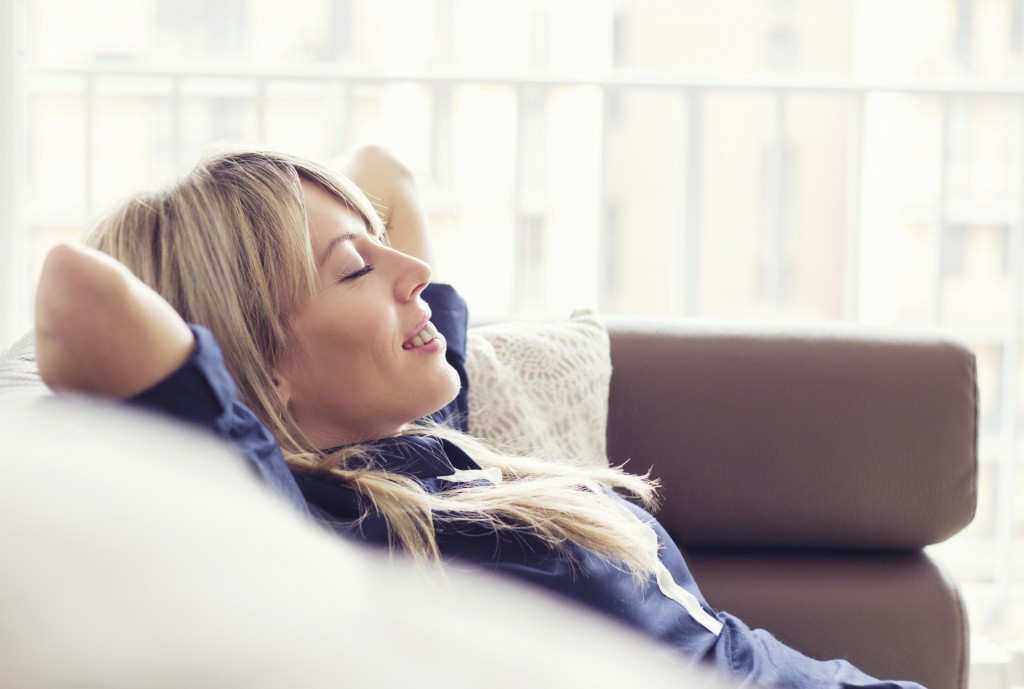
The Shortcut to Peace of Mind.
By Sarah McLean
Though the sources of stress can be different for each one of us—financial concerns, family issues, or difficult work environment —many of the effects of stress are common to all: headaches, insomnia, indigestion, chronic pain, anxiety, depression. Here are three easy ways to prevent stress from overshadowing your day:
1. Take a Time Out for a Time In
Sit in silent meditation at least ten minutes a day. Close your eyes and bring your attention to the sensation of breathing naturally through your nose. If you get distracted, simply refocus again. And again. Don’t wait for something magical to happen, simply keep at it. Unplugging like this will help you create a new, relaxed way of being.
2. Slow it Down
When you notice you’re rushing through daily activities, stop and ask yourself, “Why am I rushing?” Rushing engages the body’s fight or flight response which can cause inflammation and stress. So, whether you’re driving, walking, reading, eating, or brushing your teeth, slow down deliberately. Being more mindful will help you savour this life of yours.
3. Relax and Reconnect
For a few minutes each day scan your body and relax on purpose. Relax your scalp, your forehead, your eyes, your jaw. Relax your hands and belly. Feel your feet on the floor. Do this a few times each day, let being relaxed be your new normal. Don’t let your life be hijacked by stress. Take a time out to enjoy the good stuff around you. You’re worth it.
Hay House Author Sarah McLean leads meditation retreats and teacher training programs in Co. Cork. McLeanMeditation.com
With Beata Januszczak
Did you know that according to some people, you can change your life by changing your handwriting. The theory is that your writing can reveal and heal blocks. Our mind is a plastic and mouldable structure – we can always achieve change and our handwriting is a direct expression of our subconscious mind. Even motivational author Louise Hay changed her handwriting based on Vimala Rodgers’ Alphabet.
Beata Januszczak runs workshops in this and will introduce us to it all. Beata has spent the last 5 years studying the connection between the body, mind and spirit. She’s a Reiki and Seichem Master, an NLP Master Practitioner and Life Coach and a Neuromuscular Trigger Point Therapist.
She also studied the soul-based handwriting with Vimala Rogers (author of the book “Transform your Life Through Handwriting”) & became a Certified Handwriting Consultant.
Is there an aspect of your life that you would like to change? Come find out more on this very special evening with Beata.
Email buddhabagmeeting@gmail.com to book. Tickets €15/10 concession
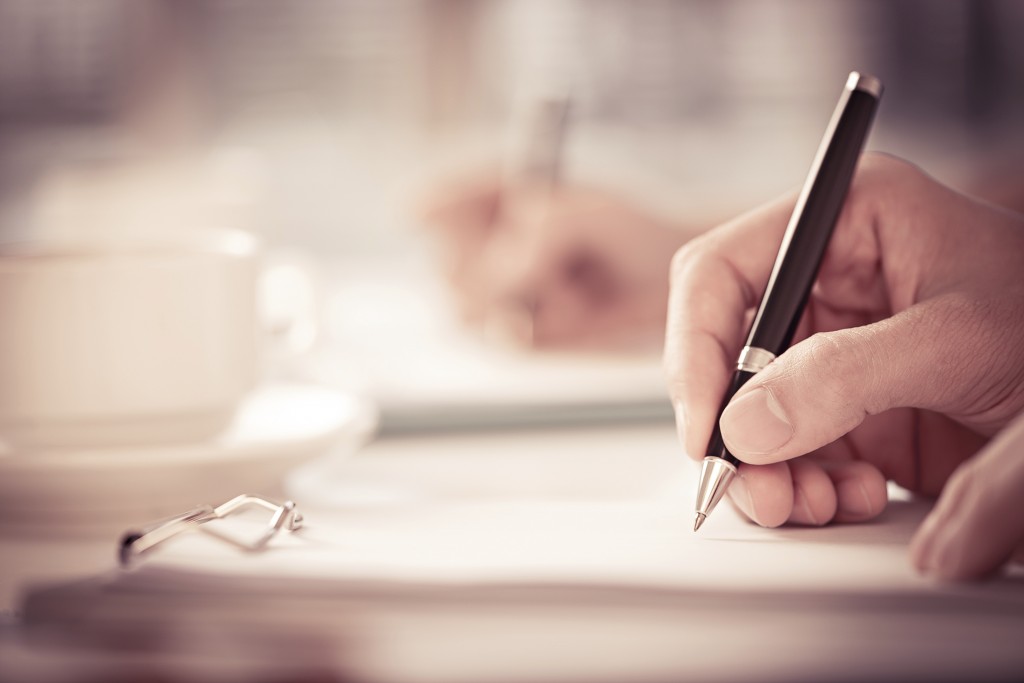
Thursday 9 July, 8pm, The Lantern Centre, Dublin 8. Tickets €15/10 concession.
Did you know that according to some people, you can change your life by changing your handwriting. The theory is that your writing can reveal and heal blocks. Our mind is a plastic and mouldable structure – we can always achieve change and our handwriting is a direct expression of our subconscious mind. Even motivational author Louise Hay changed her handwriting based on Vimala Rodgers’ Alphabet.
Beata Januszczak runs workshops in this and will introduce us to it all. Beata has spent the last 5 years studying the connection between the body, mind and spirit. She’s a Reiki and Seichem Master, an NLP Master Practitioner and Life Coach and a Neuromuscular Trigger Point Therapist.
She also studied the soul-based handwriting with Vimala Rogers (author of the book “Transform your Life Through Handwriting”) & became a Certified Handwriting Consultant.
Is there an aspect of your life that you would like to change? Come find out more on this very special evening with Beata.

